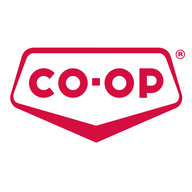
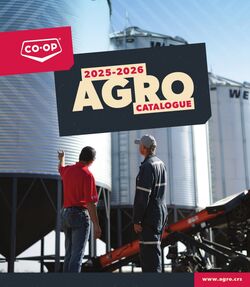
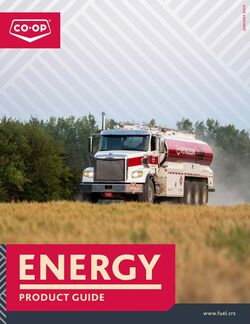




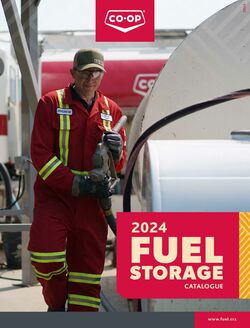
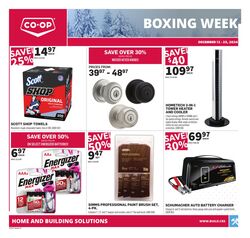

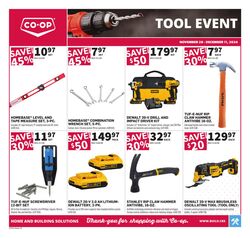


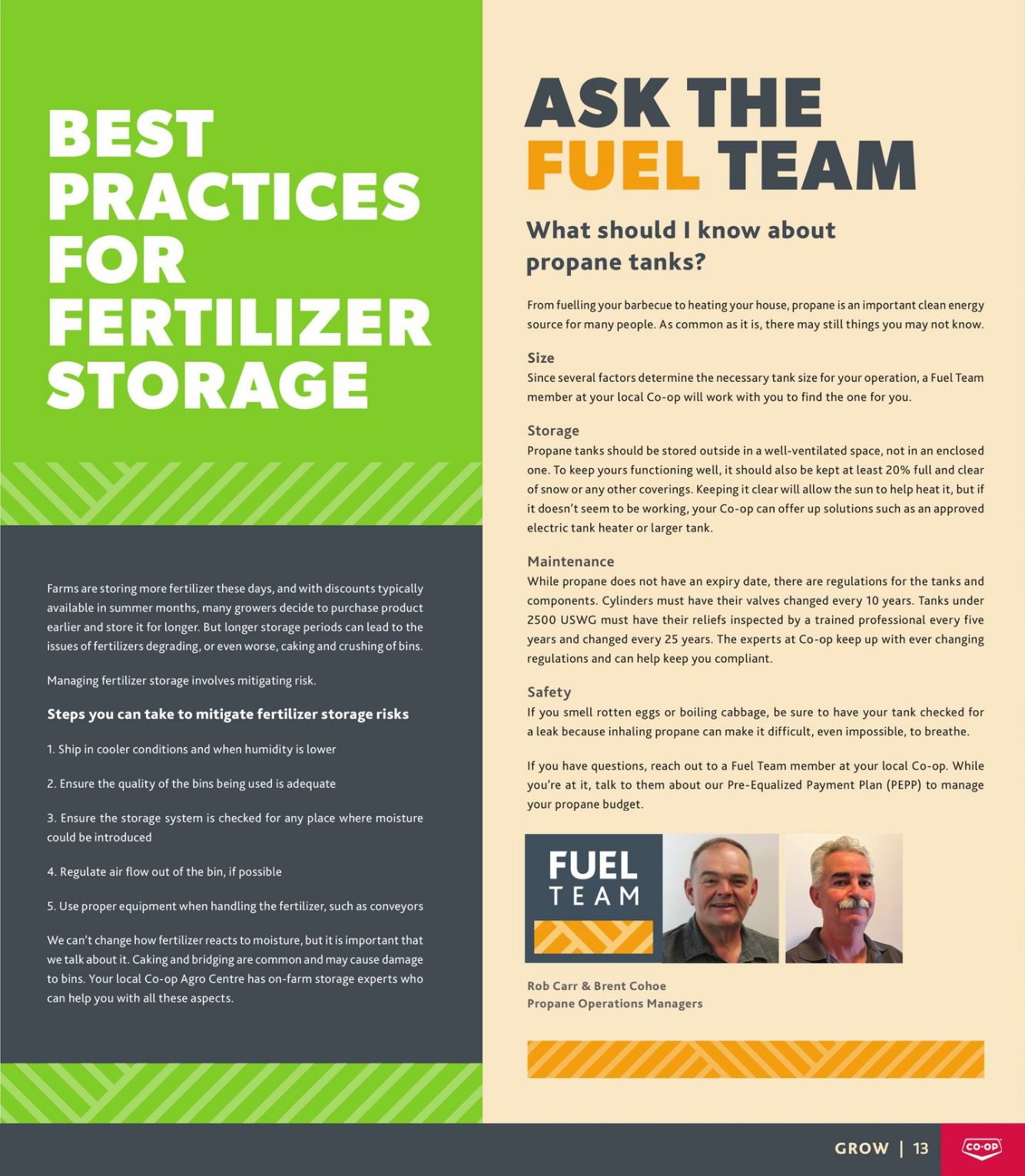
Products in this flyer
Farms are storing more fertilizer these days, and with discounts typically ÉCOLE Au CE te CCC ec ies earlier and store it for longer. But longer storage periods can lead to the issues of fertilizers degrading, or even worse, caking and crushing of bins DEEE AC Cut LEE Steps you can take to mitigate fertilizer storage risks Ce LCI LT IC Ce PTE CC LC IE CCS ER E er D Cu EU CT LCL CCE CU PCT ER TO UE EME Eu a CL LOC EE OC CE M LC En Eee UE TETE LE TEEN EU EE Cu CIELT ETES ÉLECTION CRC ME UE TC CU can help you with all these aspects. ASK THE TEAM What should | know about propane tanks? From fuelling your barbecue to heating your house, propane is an important clean energy source for many people. As common as it is, there may still things you may not know. Size Since several factors determine the necessary tank size for your operation, a Fuel Team member at your Local Co-op will work with you to find the one for you. Storage Propane tanks should be stored outside in a well-ventilated space, not in an enclosed one. To keep ours functioning well it should also be kept at least 20% full and clear of snow or any other coverings. Keeping it clear will allow the sun to help heat it, but if it doesn't seem to be working, your Co-op can offer up solutions such as an approved electric tank heater or larger tank. Maintenance W components. Cylinders must have their valves changed every 10 years. Tanks under propane does not have an expiry date, there are regulations for the tanks and 2500 USWG must have their reliefs inspected by a trained professional every five years and changed every 25 years. The experts at Co-op keep up with ever changing regulations and can help keep you compliant. Safety If you smell rotten eggs or boiling cabbage, be sure to have your tank checked for a leak because inhaling propane can make it difficult, even impossible, to breathe. If you have questions, reach out to a Fuel Team member at your local Co-op. While you're at it, talk to them about our Pre-Equalized Payment Plan (PEPP) to manage your propane budget. Rob Carr & Brent Cohoe Propane Operations Managers
| Name | Details |
|---|